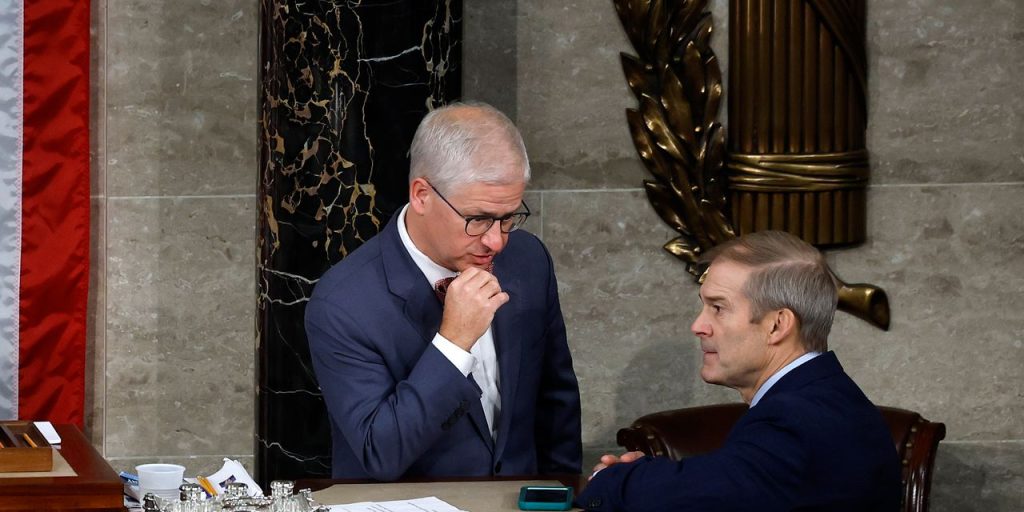The International Monetary Fund (IMF) has raised concerns over Nigeria’s increasing debt-to-GDP ratio, according to its recent report ‘Africa: Special Issue: In Pursuit of Stronger Growth and Resilience’. The report predicts that the ratio will rise by 4.3% from 38.8% in 2024, continuing an upward trend that began in 2019 when the ratio was at 21.9%. This forecast comes despite the IMF’s projection of Nigeria’s real GDP growth from 2.9% this year to 3.1% in 2024.
The report also anticipates Nigeria’s GDP to reach $489.80 billion by the end of this year and peak at $504.99 billion in 2024. These projections come amidst a backdrop of multiple economic challenges, including worldwide inflation, high borrowing costs, exchange-rate pressures, political instability, and a sluggish global economy.
The G-24 group, which counts China among its members, shares the IMF’s concern about rising and unsustainable public debt levels in many developing countries like Nigeria and other nations in sub-Saharan Africa. These concerns are further confirmed by Nigeria’s Debt Management Office (DMO), which reported an increase in the country’s total public debt to N87.38 trillion at the end of Q2 this year, composed of N33.25 trillion as external debt and N54.13 trillion as internal debt.
The IMF report was sparked by President Bola Tinubu’s proposed N216 trillion budget for Nigeria in 2024, which could exacerbate the fiscal pressure on the country due to high borrowing costs, inflation, and a worsening cost-of-living crisis.
On another note, Ethiopia is facing contrasting economic growth projections from the IMF and its own government. The IMF estimates a real GDP growth of 6.1% by the end of this year and 6.2% in 2024, while Ethiopia’s President Sahle-Work Zewde reported a higher growth of 7.5% for the fiscal year 2022/23 and a target of 7.9% for the current fiscal year.
Despite these discrepancies, Ethiopia is predicted to outperform other East African economies like Kenya and Uganda in 2023. However, inflation remains a significant concern in Ethiopia, with a rate of 28.8% in July this year and food inflation at 27%. The National Bank of Ethiopia aims to decrease inflation below 20% by 2024 and further to below 10% by 2025 through stricter monetary policies. Yet, the IMF report implies that inflationary pressures might persist due to foreign currency shortages and swift currency depreciation.
This article was generated with the support of AI and reviewed by an editor. For more information see our T&C.
Read the full article here







